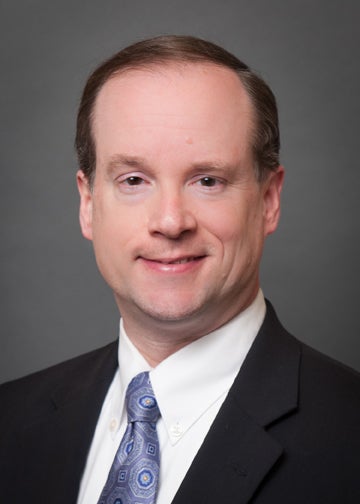JOHN HOOD COLUMN: Republicans aim for supermajorities
Published 9:20 am Tuesday, October 11, 2022
|
Getting your Trinity Audio player ready...
|
RALEIGH — North Carolina has divided government. Its most powerful executive is the Democratic governor, Roy Cooper. Four of the seven justices of the North Carolina Supreme Court are also Democrats. But Republicans enjoy majorities in the General Assembly and Court of Appeals, and hold six of the 10 offices on the Council of State.

John Hood
The latter officers, who form our executive branch, aren’t up for election this year. But the partisan composition of our legislative and judicial branches is very much in play. Republicans are trying desperately to expand their majorities in the North Carolina House and Senate to the three-fifths mark — what it takes to override Cooper’s veto — and to recapture a majority on the Supreme Court. Democrats are trying desperately to stop them.
Today’s column focuses on the legislative contests. To reach a supermajority, Republicans must win 72 of the 120 seats in the House and 30 of the 50 seats in the Senate. According to John Locke Foundation analysts Andy Jackson and Jim Stirling, the GOP enters the 2022 cycle with a reasonably solid base of 52 seats in the House and 22 in the Senate, compared to the Democrats’ 43 and 17, respectively.
These are districts where one party or the other enjoys a sizable advantage in party preference based on historical voting patterns. Jackson and Stirling rate them as either “safe” or “likely.” The remaining districts, rated as either “leaning” or “tossup,” represent the primary playing field for the 2022 midterms. (It is rare but not unheard of for a candidate to win a district rated “likely” for the other party, as one Democrat managed to do in 2018.)
In general, conditions favor the GOP. President Biden is very unpopular in North Carolina. The latest High Point University poll has his job disapproval at 54%, similar to the latest ratings from East Carolina University’s polling unit (53%) and Locke’s Civitas Poll (55%). The party that doesn’t hold the White House typically does well in midterms, and Democrats face a toxic mix of high-profile public concerns such as inflation and crime that will motivate many voters to turn out against them.
Right now, however, the Republican edge appears modest. Each Civitas Poll contains a generic-ballot test. It asks likely voters which party’s legislative candidates they are planning to vote for. As recently as June, the GOP had an unprecedented 12-point lead in the generic ballot for state legislature. By late September, Republican led by a margin of only 47% to 45%, well within the survey’s margin of sampling error.
To some extent, the trend reflects Democratic-leaning North Carolinians “coming home” to their usual partisan coalition, or simply becoming more likely to vote as the prospect of GOP gains becomes clearer to them. But it also probably represents some leaners and swing voters tilting Democratic on abortion. The issue has become more salient since the overturning of Roe v. Wade.
Keep in mind, though, that we don’t conduct at-large elections for General Assembly. Even a modest GOP advantage statewide could tip enough competitive seats to produce supermajorities.
In their analysis, Jackson and Stirling zeroed in on the “lean Democratic” and “tossup” races. If Republicans win 14 of the 19 such races in the House, they get to 72 seats. In the Senate, they must win six of nine such races to hit the 30-seat mark.
Some of these key districts are in urban areas, including two House and two Senate races in Wake County, three House and one Senate in Mecklenburg, one of each in Cumberland and New Hanover, and House races in Guilford and Forsyth. But they also include more-rural places such as Senate District 3 in Northeastern North Carolina (Democrat Valerie Jordan vs. Republican Bobby Hanig) and Senate District 4 in Greene, Wilson, and Wayne counties (Democratic incumbent Toby Fitch vs. former Republican senator Buck Newton).
Will the Republicans achieve their supermajorities? I haven’t the foggiest idea. Neither does anyone else, claims to the contrary notwithstanding.
John Hood is a John Locke Foundation board member.




